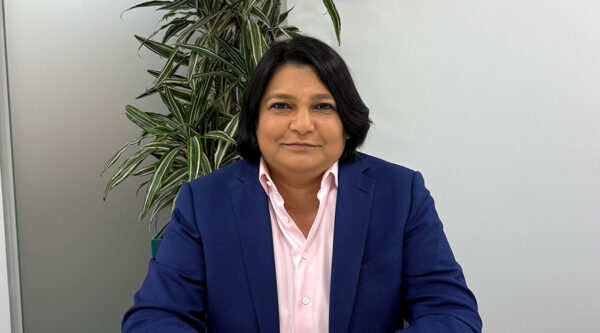

Many clubs, sporting organisations and charities are faced with difficult situations when dealing with safeguarding issues and investigations, particularly those that make their way into the public arena via social media platforms.
Safeguarding the health, wellbeing and safety of everyone involved in sport, from grass roots to elite level, remains a top priority for boards and managers.
Over the past few years we have seen an increase in reporting and disclosures in relation to safeguarding. The Sheldon report in football and the Whyte report in gymnastics both critcise governing bodies for not owning safeguarding at the top level and not investing in having a robust safeguarding framework in place.
Both reports recommend having comprehensive education and training in place which needs to be delivered to everyone in your organisation – this includes volunteers and parents.
The fundamental principles of safeguarding those participating in sport have not changed and the CPSU continues to offer excellent training materials and guidance. What has shifted is the expectation that everyone, in particular those who are in a position of trust, is aware of their own and others safeguarding responsibilities. Complacency or ignorance are, put simply, not acceptable.
The key for any sporting organisation is to create an open and transparent culture to allow people to feel comfortable in making safeguarding disclosures and talking about issues. This, coupled with a zero-tolerance stance on inappropriate behaviour and breaches of trust will create a safe, happy, healthy environment to work, volunteer and play sport in.
With the Olympics fast approaching, teams and countries will be putting in place designated safeguarding personnel and welfare officers to educate and support the travelling teams. These people, who are often volunteers, who play a significant role in driving culture and keeping all of the team safe.
With new Olympic sports like skateboarding coming in, we are seeing athletes as young as 14 competing in the Games; these children deserve to be protected and kept safe whilst taking part in the sport they love.
One of the key potential areas for threats both to safeguarding and a sportsperson’s reputation can come via social media and other public forums. As ever, there has to be a balance between a person in the public eye facing criticism of their performance or conduct, with their right to be treated fairly, and such comments being made in a way that is either unfounded or defamatory.
These issues often come from people wishing to hide their comments behind the anonymity of the internet or to have their say on issues which have already been opined by a professional body, without the outcome they had desired.
The need for guidance and assistance with reputation management in sport has increased hugely in the last 10 years and shows little sign of abating. It is vital to obtain sound and considered advice as early as possible to try to prevent situations escalating; another key consideration is to have experts in place and potentially even insurance cover for such costs.
The damage that can be caused to reputations is not limited to individual sportspeople. Clubs, management teams, trainers and brands also remain at significant risk. An inaccurate or vexatious comment can lead to issues with future due diligence being carried out during commercial deals, obtaining funding or the willingness of third parties to risk their own reputations by publicly aligning with them.
The potential damage that can be caused to sportspeople and clubs can range from an expected but accepted irritation to irreparably damaging a reputation or commercial deal; sadly such issues will remain a risk for all participating in the public sporting arena. As with all sports, it is very much about the team you have with you when you need them.










